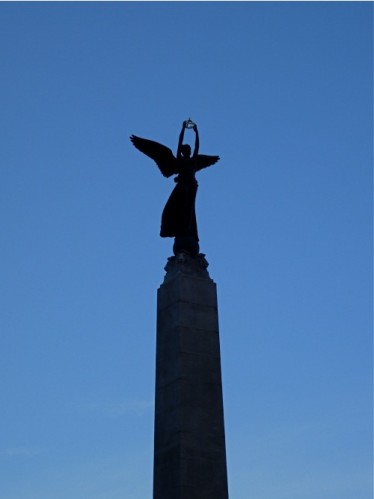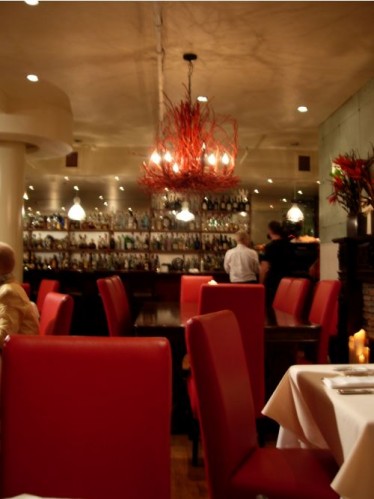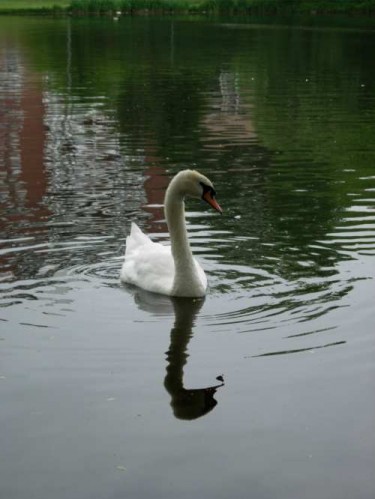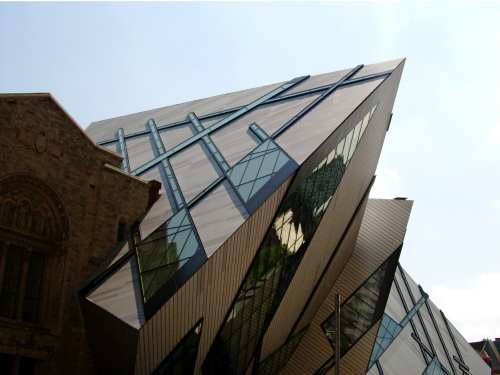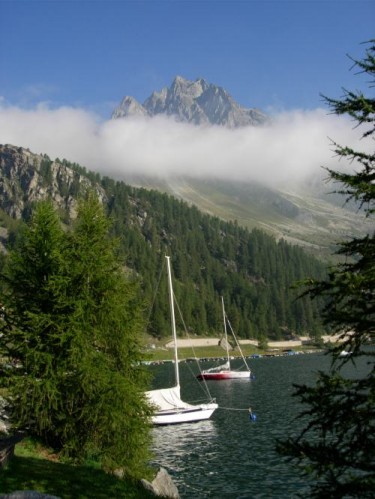
Until recently, I had never visited the Central Park Zoo. I’ve long been a fan of the Bronx Zoo — who doesn’t love its 265 acres of lions and gorillas, elephants and giraffes? — but the tiny zoo nestled into Central Park near East 64th Street had never interested me. How much could you fit into a tiny spot like that, anyway?
Plenty, I discovered, when visitors came to town and wanted to check it out. The Central Park Zoo — run by the Wildlife Conservation Society, just like the Bronx Zoo — is a tiny gem. It doesn’t have sprawling spaces for its residents, so it focuses mostly on smaller creatures: red pandas, snow monkeys, Falkland Island penguins, tamarins, and lemurs, to name a few. There are just a few large enclosures for bigger creatures, such as polar bears and snow leopards. And, of course, there are sea lions. You don’t even have to pay admission to see them. They’re visible from the pathway outside the park, and if you visit at 11:30am, 2pm, or 4pm, you can watch them being fed, a treat in itself.
It’s also a short walk from a wonderful restaurant I’ve discovered recently: L’Absinthe, on East 67th Street. The place is set like a dream of a Paris brasserie: pale walls and dark wood paneling set off by mounds of greenery, with an old-fashioned long bar, antique-looking mirrors, and framed posters from the turn of the last century. The style of service could be from the last century, too: it’s thoughtful, patient, and charming. But when it comes to celiac disease, L’Absinthe is entirely modern. When I told my server that I’d need advice about what to order since I have celiac disease, he amazed me.
“Gluten,” he said, “is insidious. It’s in so many things.” He went on to list several ingredients that could contain gluten, including Worcestershire sauce. I was overjoyed. How often do you find that level of awareness?
Thanks to some great guidance from the server and the kitchen, I tried a salmon tartare appetizer and duck confit main dish. Both were delicious — true bistro classics that were done just right. Still, what impressed me most was the service. That, and the fact that afterwards I was just a short stroll away from a visit with the sea lions.
L’Absinthe [address] 227 East 67th Street, New York, NY 10065 [tel] 212-794-4950 [web] www.labsinthe.com

